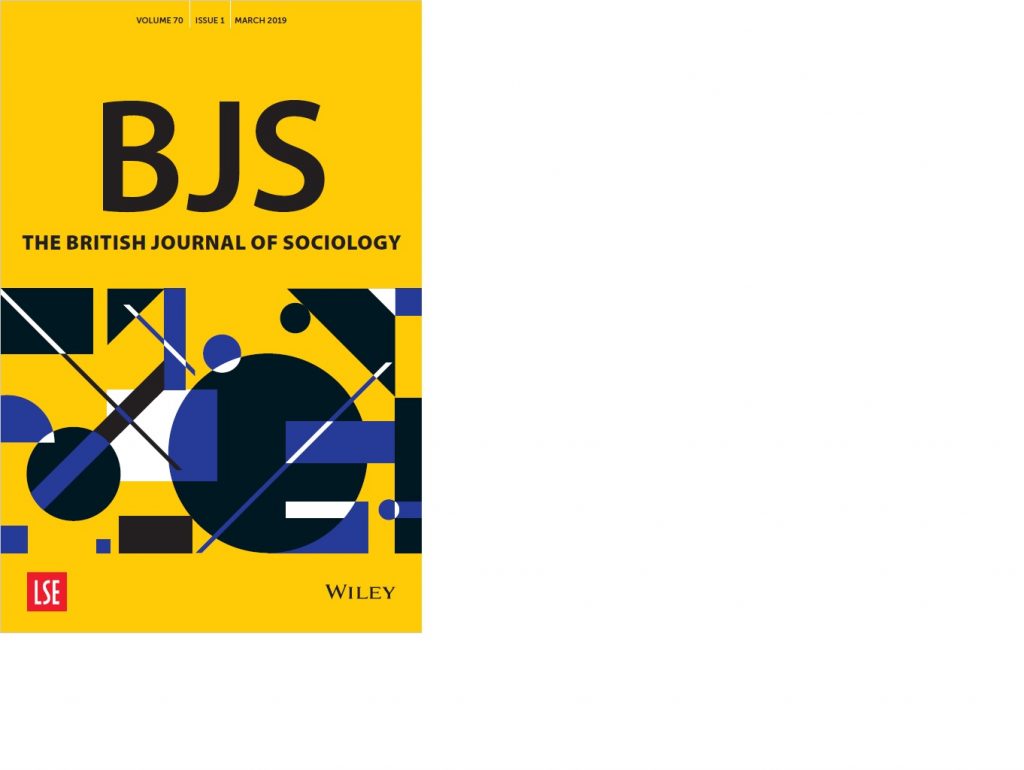“I Missed the Joke”: Race, Rupert Murdoch, and the NAACP
[youtube=http://www.youtube.com/watch?v=E4mBRYueMss]
by NickieWild
Last week, a very racially charged cartoon appeared in the New York Post, featuring a couple of police officers having killed a chimpanzee, with the caption, “They’ll have to find someone else to write the next stimulus bill.” The cartoon was supposedly a somewhat weak joke about an animal that attacked a woman, and was shot by police in Connecticut, linked tenuously with commentary of a sort about President Obama’s economic plan. Civil rights leaders weren’t laughing. In fact, Al Sharpton as well as the NAACP have called for the resignation of the cartoonist and the editor who defended it. They believe that the cartoon was not only racist, as African Americans have historically been disparaged by comparing them with apes and monkeys, but was also “an invitation to assassination” of the president. Defenders of the cartoon have appealed to free speech rights, or have stated that the cartoon had nothing to do with the president. Needless to say, protests and calls for a boycott continue.
Some commentators have seen a more structural factor at play in this incident: the lack of Black voices in decision-making capacities on editorial boards and in news rooms in America. Julian Bond, chairman of the NAACP appeared on the cable show “Countdown with Keith Olbermann” on Monday, and the two discussed this issue. As the New York Post is owned by Rupert Murdoch, issues of consolidation of media ownership have also come to the forefront, since Murdoch (who owns multiple media outlets in major cities the world over) needed an F.C.C. waiver to own a television station in the same city where he also owns a daily newspaper. Sharpton’s civil rights activist organization, the National Action Network, is calling for this waiver to be revoked. As Ben Bagdikian wrote about in his book The Media Monopoly, first published in 1983, consolidation of media ownership puts fewer and fewer voices in charge of distributing information and opinions in the mass media. When media crosses the invisible line that divides opinionated commentary from that which causes outrage, these issues are thrown into the spotlight again.
![]() You Must Be Joking: The Sociological Critique of Humour and Comic Media by Sharon Lockyer and Michael Pickering
You Must Be Joking: The Sociological Critique of Humour and Comic Media by Sharon Lockyer and Michael Pickering




1099-0860/asset/NCB_logo.gif?v=1&s=40edfd0d901b2daf894ae7a3b2371eabd628edef)
1520-6688/asset/Capture.jpg?v=1&s=b5076c49a7d1c5f1b9cf0dd9cd292394a3be81cc)
Interesting point about the structural factors at play. It brings up the classic sociological question of structure and agency. If an African American person sat on the editorial board that approved this cartoon, would it then not be racist? Or would the publication of the cartoon be less controversial?
Thanks for this different perspective.
Keri
kiyallsmith – thanks for the comment! If you look at it another way, I think that what the NAACP guy was saying was that if there had been an African American present, that perhaps the cartoon would not have been published at all. Maybe he or she would have said, “uh, wait a minute, that’s probably going to appear very racist,” something the Post editors clearly did not anticipate!
Nickie,
That would definitely be ideal!
Keri